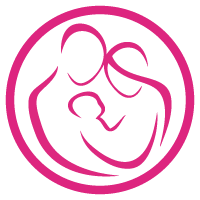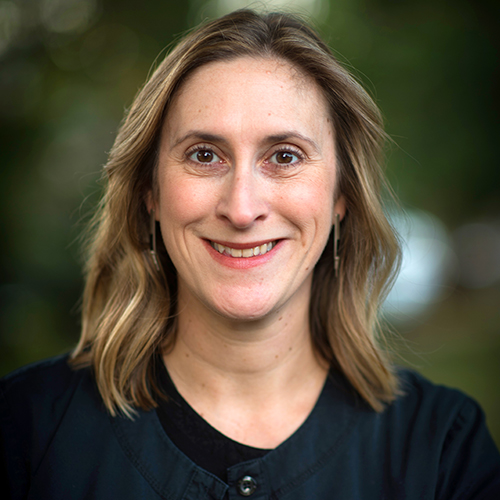 IBCLC Detailed Content Outline: Clinical Skills / Education and Communication Focused CERPs - Section VII B
IBCLC Detailed Content Outline: Clinical Skills / Education and Communication Focused CERPs - Section VII B
Access CERPs on Clinical Skills / Education and Communication for the IBCLC Detailed Content Outline recertification requirements. On-demand viewing of the latest Clinical Skills / Education and Communication focused IBCLC CERPs at your own pace.

Breastfeeding and Cranial Nerve Dysfunction – the what, who and why of Cranial Nerve Dysfunction in the newborn to precrawling baby

Michelle has been a pediatric neurodevelopmental Occupational therapist specializing in precrawling infants for over 26 years. She has specialty certifications and training in lactation, manual therapy, and pre and peri natal psychology. Michelle has specialized in optimal cranial nerve function and oral restrictions, with an emphasis on infant movement, innate biological imperatives and human potential, providing novel curriculums, support and resources for both professionals and parents. She enjoys collaborating and working in teams for babies and families going through the tethered oral tissues release process.
Topic: Breastfeeding and Cranial Nerve Dysfunction – the what, who and why of Cranial Nerve Dysfunction in the newborn to precrawling baby - [View Abstract]
Topic: Compensatory vs Novel Movements: 3 Keys for Babies With Tongue, Lip and Buccal Restrictions - [View Abstract]
Topic: Interoception: Beyond the Homunculus....The Real Sixth Sense and Its Primary Function as Sensory Input to the Autonomic Nervous System - [View Abstract]
Topic: The Vagus Nerve: Branchial Motor / Special Visceral Efferents: The Pharynx, Larynx, Soft Palate and one tiny tongue muscle - [View Abstract]
Topic: TummyTime!™ : A Therapeutic Strategy for Parents and Babies - [View Abstract]
Cranial Nerve Dsyfunction, CND, is a term used to describe a disruption, dysregulation or dysfunction in one or more cranial nerves in the precrawling period. Cranial Nerves are twelve, paired nerves, ten of which originate in the brainstem. They mediate all incoming sensory input and also help regulate, move and maintain the health of the muscles of the face, head, neck, jaw, tongue and throat. From sensing mother’s smell, touch, taste to rooting, latching and coordinating suck/swallow/breathe patterns, optimal cranial nerve function is paramount. Lactation consultants need to be able to identify CND, identify a couple of treatment interventions and know when to refer to appropriate health care professional such as OT, PT, Speech, or Manual Therapist/Bodyworker. CND explains how many tongue/lip tied babies who have had a frenotomy continue to struggle significantly with the activities and movements of optimal breastfeeding. Michelle will cover the basics of CND, a simple classification system, and her 4 Principle Functional Movement Protocol, which she states can optimize cranial nerve function in the precrawling baby and improve breastfeeding outcomes.

‘He Fought Like a Lion’: Using Trauma Resolution Approaches to Support Professionals and Families with Babies in the Neonatal Intensive Care Unit

Kate White is and award-winning craniosacral and massage therapist, prenatal and early childhood educator. She is trained in somatic therapies, prenatal and perinatal health, lactation, brain development, infant mental health, and has specialized in mother-baby dyad care using somatic prevention and trauma healing approaches for nearly 20 years. She is a mother of two children, holds a BA and MA in Communication, is a Registered Craniosacral Therapist in the Biodynamic Craniosacral method and a Somatic Experiencing® Practitioner. Her work combines somatic therapy with brain development to help give families with babies and small children the best possible start. She is Founding Director of Education for the Association for Prenatal and Perinatal Psychology and Health from 2013 – 2018 where she managed a large online educational program for professionals. She currently co-directs this program, administering an online program for parents and parent professionals, runs a private practice and offers her own seminars through the Center for Prenatal and Perinatal Programs, ppncenter.com.
Topic: Best Practices in Prenatal and Perinatal Psychology and Somatic Health for Optimal Birth Outcomes - [View Abstract]
Topic: Integration of the Science of Safety and Resilience into Perinatal Care: A 5 Step Process - [View Abstract]
Topic: The Science of Safety and Trauma Specific Recognition to Improve Birth Outcomes: What Does It Mean for the Midwife? - [View Abstract]
Topic: “It Was Right but so Wrong:” Helping Families Make Sense of Difficult Births with Trauma Sensitive and Prenatal and Perinatal Healing Approaches - [View Abstract]
Having a baby in the Neonatal Intensive Care Unit is one of the most stressful life events for a parent. The nervous system of babies and parents can go into survival mode, disrupting normal development, especially attachment and bonding. This presentation will detail the nervous system’s response to overwhelming births so that parents and professionals can better understand how to support themselves, their partners, parents and babies. Strategies for self-care and skills for increasing nervous system capacity for greater health will be presented. A successful story of reducing prematurity in a birth center will be presented.
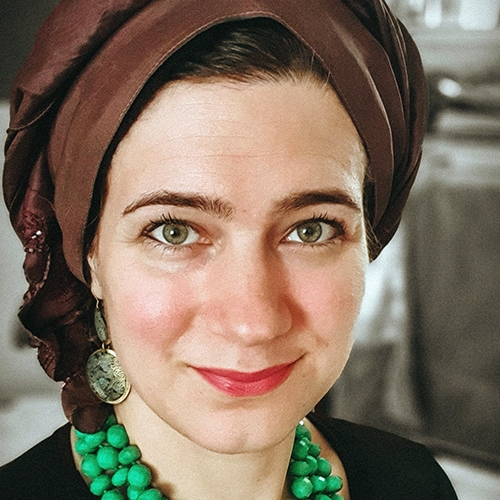
"Help! Breastfeeding Makes Me Feel Bad, Sad or Mad": Helping Breastfeeding Mothers Struggling With Negative Emotions

Zainab Yate is a Biomedical Ethicist, with a specialist interest in infant feeding. Zainab is Vice Chair and named qualitative lead on a paediatric flagged Research Ethics Committee Panel for the Health Research Authority (HRA) in the UK, reviewing research protocols for over a decade. Zainab's previous working background is in Public Health and Commissioning the National Health Service (NHS) in the UK. She had also been a volunteer breastfeeding peer supporter with the NHS for a number of years, is the owner-author of the resource site for mothers and healthcare practitioners on Breastfeeding / Nursing Aversion and Agitation and author of "When Breastfeeding Sucks".
Topic: Breastfeeding / Nursing Aversion and Agitation (BAA) in breastfeeding mothers - [View Abstract]
Topic: Research Ethics & Infant Feeding: How to Utilise the Four 'D's of a Brief Assessment - [View Abstract]
Breastfeeding can trigger particular negative emotions and intrusive thoughts, these can include experiencing the phenomenon of breastfeeding/nursing aversion and agitation, or having the medical condition of Dysphoric Milk Ejection Reflex. Mothers. These don't preclude having postnatal depression or postnatal mood disorders.
Understanding the nuances and variations in all these conditions and symptoms can lead to better referral, intervention and treatment for those struggling with negative emotions associated with breastfeeding. Being prescribed antidepressants when you have D-MER or Aversion will not always alleviate the symptoms or help the situation.
We cover the literature about when breastfeeding can make someone feel bad, sad or mad, and what we know can help alleviate these negative emotions so as a lactation specialist or health care professional you will become well adept at assessing, referring, signposting, supporting and treating those who struggle. The information and skills you will gain will particularly help in complex cases or cases where there seems to be a missing link.
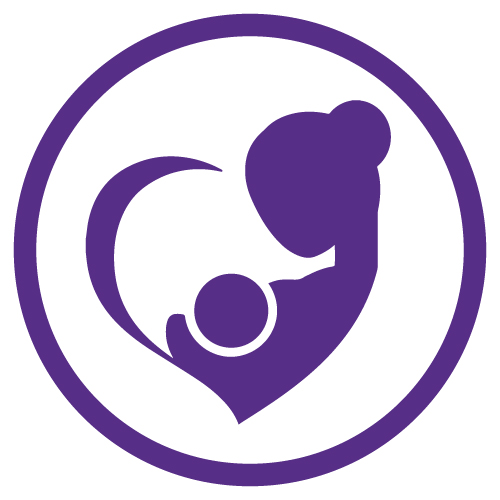
View Details / Enroll

#thestruggleisreal: How to Build Understanding and Empathy with Millennial Families

Amber McCann is an international board certified lactation consultant (IBCLC) whose current interests involve connecting with new families through social media channels and teaching others in her profession to do the same. After maintaining a busy private practice in the Washington DC suburbs and working with an innovative model of care at the Breastfeeding Center of Pittsburgh, she now provides marketing and communications guidance for a number of birth and breastfeeding organizations. When she’s not furiously tweeting or watching terrible reality TV, you can find her eating her way through all of the fantastic restaurants in her new hometown of Pittsburgh and snuggling her three children.
Jeanette McCulloch, IBCLC, has been combining communications work and women’s health advocacy for more than 20 years. She is a co-founder of BirthSwell, which is improving infant and maternal health - and the way we talk about birth and breastfeeding - through strategic communications and social media. She is a board member of Citizens for Midwifery, and is active in local, statewide, and national birth and breastfeeding advocacy projects.
In this presentation, we will learn about the unique values, communication styles, learning preferences, and buying habits of Millennials. We’ll also address some common friction points between Millennials and other generations, with the goal of developing a self-awareness that can help us provide the best possible care.
We will also learn how to apply our knowledge of Millennial values and communications styles to understanding how we can best find Millennials as clients, teach in the way they best learn, and provide information and care in a way that reaches Millennials where they are at.

1000 Days in Gap City: Exploring the Relationship Between the Breastfeeding Gap and the Word Gap

Dia has written and/or edited over a dozen books for adults and children. Her passions in life include promoting the concepts and practices of attachment parenting, breastfeeding and safe infant sleep. She is founder and president of two publishing houses—Platypus Media and Science, Naturally! Their books have won numerous awards and have been translated into Spanish, Dutch, Hebrew, Chinese, Russian, Turkish, French and Korean. Dia has led workshops at healthcare, education and parenting conferences across the country. She is the mother of three adult children and lives in Washington, DC.

View Details / Enroll

View Details / Enroll

A Case Study Approach to Critical Thinking Skills for Lactation Professionals

Melissa Cole is a board-certified lactation consultant, neonatal oral-motor assessment professional and clinical herbalist in private practice. Melissa is passionate about providing comprehensive, holistic lactation support and improving the level of clinical lactation skills for health professional. She enjoys teaching, researching and writing about wellness and lactation-related topics. Her bachelor’s degree is in maternal/child health and lactation and her master’s degree is in therapeutic herbalism. Before pursuing her current path, Melissa’s background was in education and cultural arts, which has served her well in her work as a lactation consultant and healthcare educator. She loves living, working and playing in the beautiful Pacific Northwest with her 3 children.
Topic: Beyond Fenugreek: An Individualized Approach to Dietary and Herbal Galactagogues - [View Abstract]
Topic: Beyond the Basics of Latch: Support Strategies for Helping Babies when the Basics Aren’t Enough - [View Abstract]
Topic: Common Infant Digestive Health Concerns and Useful Support Strategies - [View Abstract]
Topic: Connection and Care: Virtual Support for Tongue-Tied Infants - [View Abstract]
Topic: Feeding is Movement: Activities for Supporting Optimal Infant Oral Function - [View Abstract]
Topic: Infant Gut Health: Common Concerns and Useful Support Strategies - [View Abstract]
Topic: Infant Oral Assessment: Exploring Anatomy and Function Beyond the Frenulum - [View Abstract]
Topic: Low Milk Production Detective Work: Assessment and Care Plan Considerations - [View Abstract]
Topic: New Thoughts on Infant Pre and Post-Frenotomy Care - [View Abstract]
Topic: Placenta Medicine as a Galactogogue: Tradition or Trend? - [View Abstract]
Topic: Thinking Critically About the Use of Clinical Lactation Tools - [View Abstract]
Topic: Will It Hurt? Frenotomy Aftercare Strategies to Optimize Healing Outcomes for the Newborn - [View Abstract]
There are many reasons infants struggle to latch and feed well. Critically thinking through a case involves assessing all the variables that may be impacting feedings. This is no easy task when we must consider what is going on on the parent's side and the infant's side. How can we put all the pieces of a complex case together in order to be an effective lactation detective? This interactive session is designed to help providers implement critical thinking skills in order to think outside the box when it comes to difficult cases. Walk through the cases with me and put your skills to the test!

View Details / Enroll
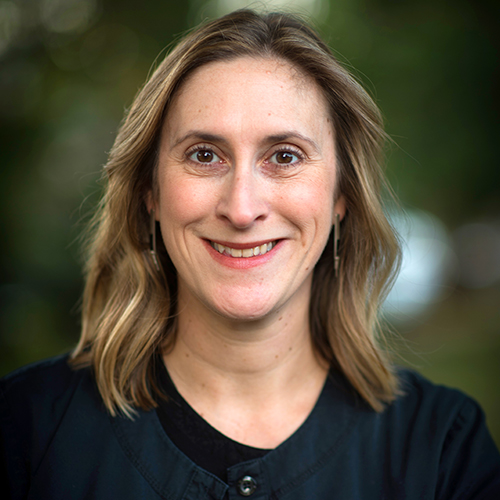
View Details / Enroll


Kiddada Green is the founding executive director of Black Mothers’ Breastfeeding Association, co-‐creator of Black Breastfeeding Week, founding member of the National Association of Professional and Peer Lactation Supporters of Color, lead consultant for the First Food Friendly Community Initiative, and an esteemed member of the inaugural class of the W.K. Kellogg Foundation’s Community Leadership Network Fellowship Program. She is committed to supporting families, and training maternal child health professionals on culturally appropriate breastfeeding support. As an expert in community-‐centered approaches, she put forth recommendations for The U.S. Surgeon General’s Call to Action to Support Breastfeeding, has been featured in Ebony Magazine, and is a program reviewer for the American Public Health Association. She is a published writer for Breastfeeding Medicine and an avid learner. Kiddada holds a Bachelor’s Degree from Michigan State University and a Master’s Degree in the Art of Teaching from Oakland University.
This presentation provides clear and concise methods for maternal-‐child-‐health professionals and home visiting programs to become active supporters of breastfeeding families. The information shared is both for the novice and the experienced. Learn ways to build partnerships, improve advocacy and set organizational policies that are supportive of increased breastfeeding rates.

View Details / Enroll
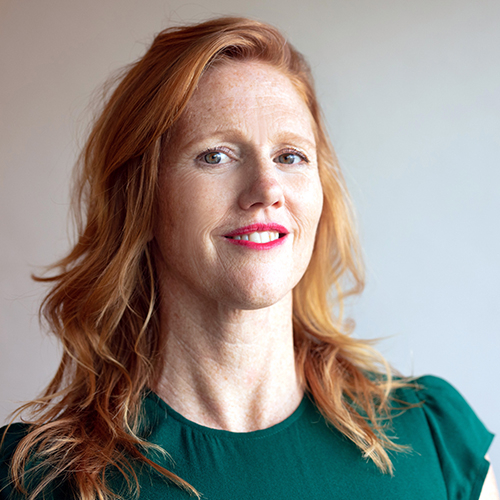

Kimberly is a Sexological Bodyworker, Somatic Experiencing trauma resolution practitioner, Structural Integration practitioner, culture worker, and single mom. She specializes in helping women heal from birth injuries, gynecological procedures and sexual boundary ruptures. She is the author of the early mothering classic The Fourth Trimester: Healing Your Body, Balancing Your Emotions and Restoring Your Vitality and Call of the Wild: How We Heal Trauma, Awaken Our Own Power and Use It for Good- a feminist nervous system treatise, as well as the newly released Reckoning, co-authored with Stephen Jenkinson. She is the host of the Sex Birth Trauma podcast.
Somatic Experiencing is a body-oriented therapeutic model that supports the regulation of the autonomic nervous system. Reframe your approach to the fourth trimester by learning how to work with your client’s physiology to promote healing. Learn more about the four domains of health that influence the postpartum experience, the five cross-cultural universal postpartum needs and the five channels of inner and outer experience, as a tool to help clients get out of looping cycles of shame and blame.
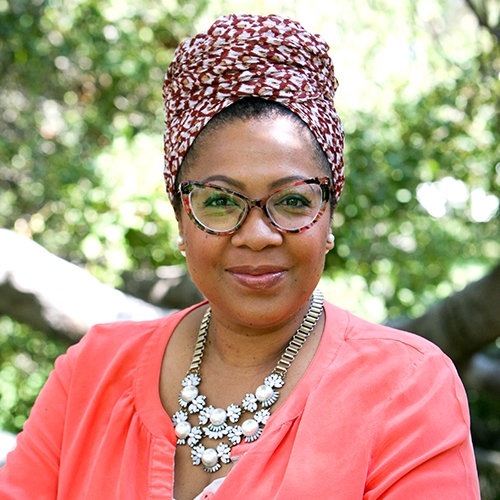
Approaching Care When You’re Barely There: Reimagining Empathy When You’ve Got Nothing Left to Give

Nekisha Killings is an equity strategist, internationally board-certified lactation consultant, and maternal and child health advocate who speaks, teaches, and facilitates on topics related to equity and dismantling bias across various sectors.
When she is not home educating 4 future world changers, she acts as a Director of Equity, Inclusion and Belonging at Lactation Education Resources and consults organizations on creating and implementing strategies to better support marginalized communities.
Nekisha holds a Masters in Public Health and penned the chapter titled Cultural Humility in the latest Core Curriculum for Interdisciplinary Lactation Support text. Nekisha is on a mission to normalize brown breasts and nipples in health education, thereby better equipping healthcare providers to accurately assess and treat people of color.
Nekisha's work is rooted in a compassion and candor that could only have been cultivated in years of supporting new parents during their first days of parenthood. Nekisha is an active duty military spouse who has been awarded the Spouse of the Year designation for her volunteer efforts supporting families.
Topic: Breast Assessment and Non-White Skin Tones - [View Abstract]
Topic: BreastSide Manner: A Patient-Centered Approach to Lactation Support - [View Abstract]
Topic: Marching Orders: Developing Practical and Impactful Care Plans - [View Abstract]
Healthcare professionals, particularly those in the lactation field, are known for providing care that is emotionally, physically, and mentally taxing. Providing care as lactation professionals during a pandemic has driven many to experience compassion fatigue. This phenomenon impacts one’s personal health in a myriad of ways and also has a significant impact on how one provides empathetic care to families. The current communication model for providing empathetic care in lactation is steeped in the patriarchal model, which actually suppresses empathy. This presentation will help health care providers identify signs of compassion fatigue and provide tools for self-assessment. Additionally, attendees will learn how to apply a natural empathetic model to their lactation/ IBCLC practice to protect their personal health and promote a more supportive way to engage with their families.

View Details / Enroll
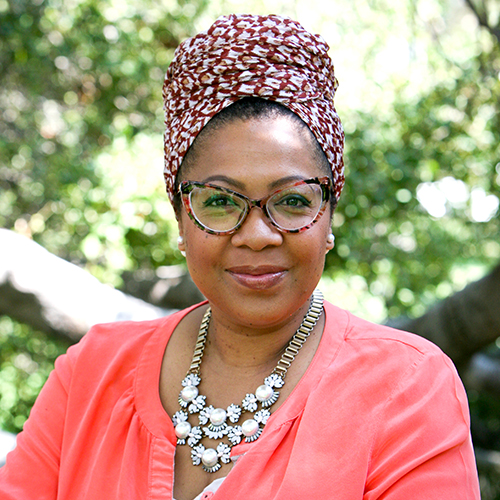
View Details / Enroll
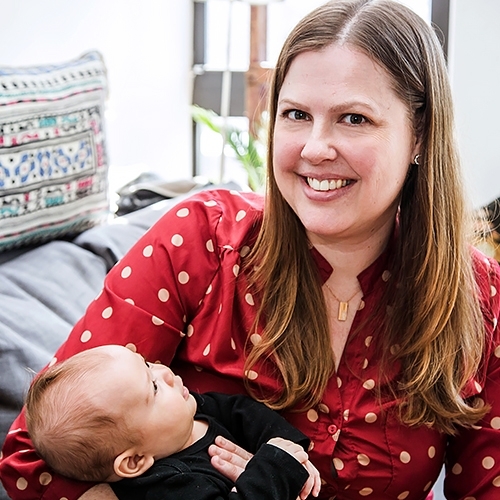

Annie Frisbie has been an IBCLC in private practice since 2011. Her background is in media, where she worked very closely with producers, content developers, and tech thought leaders on business strategy, content development, contracts, legal clearances, and more. She has also produced training for professional media software solutions as well as created and managed print and video content for media professionals.
In 2018 she was honored with the US Lactation Consultant Association's President's Award, "awarding those that demonstrate extraordinary service to the association and profession."
She is a produced screenwriter and proud member of the Writers Guild of America, East. She have a BA from Franklin and Marshall College, and an MA in Cinema Studies from New York University. In a previous life I was a film critic. I live with my husband and our two children in Queens, New York.
Topic: The Ethics of Digital Privacy and Lactation Practice - [View Abstract]
Follow the complete life cycle of a typical client through collecting information during the intake process, documenting and charting effectively and efficiently, and communicating with families and their care providers. Bring your questions about incorporating technology while protecting client/patient privacy and providing compassionate care so families can meet their goals.

View Details / Enroll
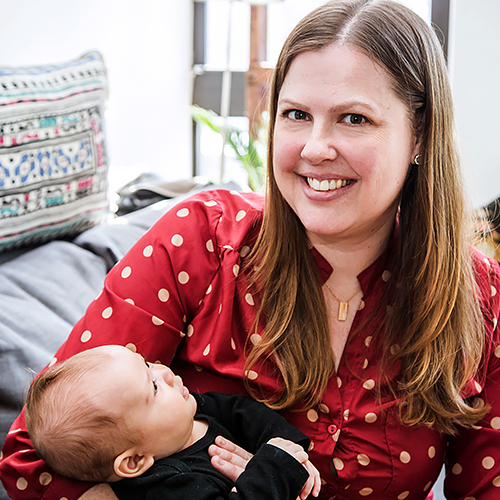
View Details / Enroll




